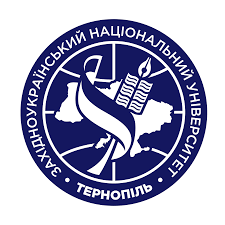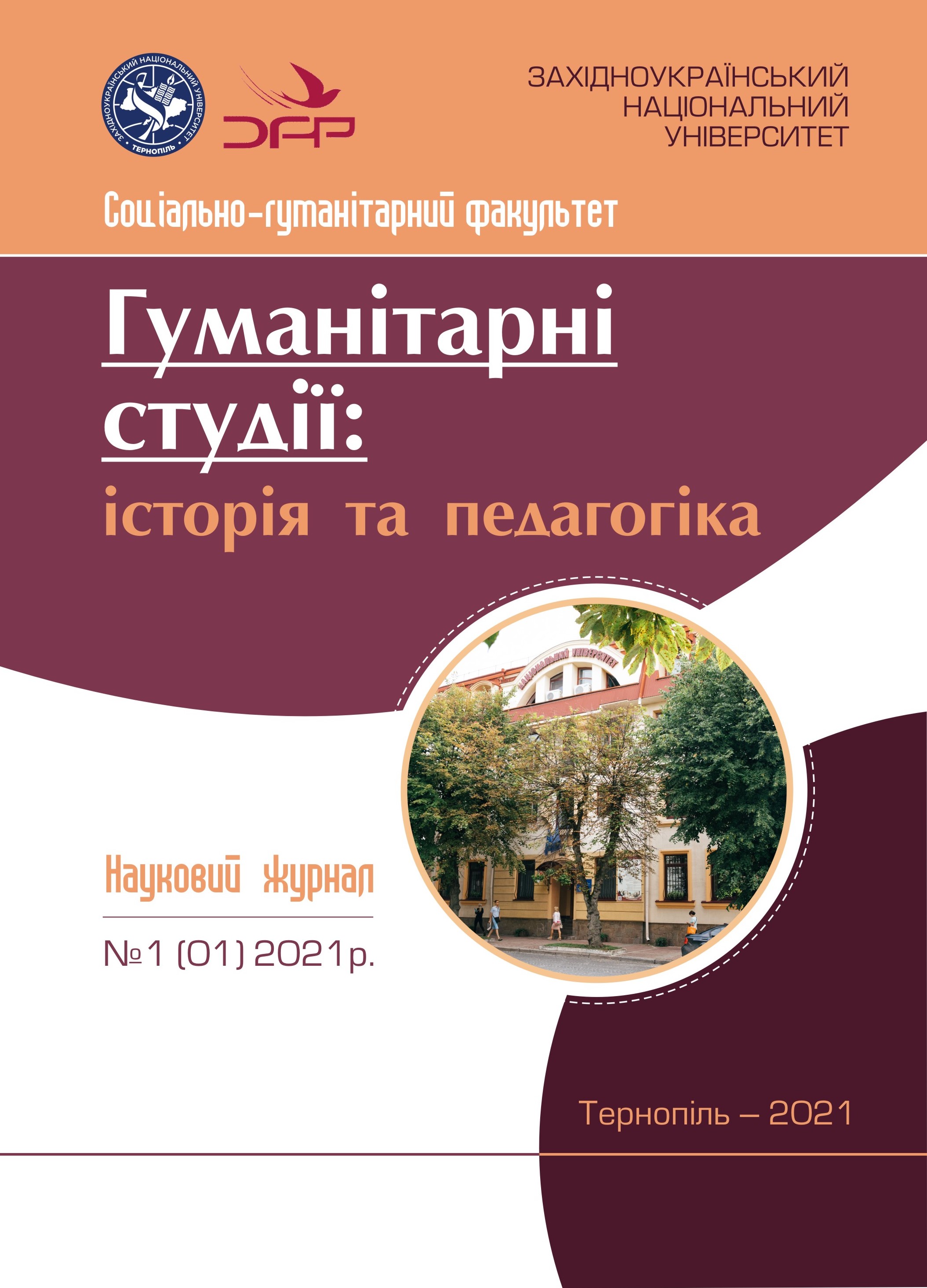Paradigm of evil in philosophy and psychology
Анотація
This paper focuses on studying of evolution of concepts “the good” and “the evil” from the ancient times till contemporaneity. Special attention is given to theories which became a ground of modern understanding of human morals and influenced on art, especially literature and cinematography.
Touching upon this problem we must admit that there are a lot of different philosophic, psychological and ethic theories which explain the essence of evil. Each of them exposes its own approach to understanding of the problem as well as its own definition of the concept “the evil”. The most popular among them are theories of moral and metaphysic evil. They prove strong connection of philosophical point of view with religious one.
The analysis of the basic philosophic conceptions which appeared in different time and written by Christian, classical (Aeschylus, Plato, Aristotle), medieval authors, representatives of the New Time and works written by Emmanuel Kant, Arthur Schopenhauer, Friedrich Nietzsche, personalists Lev Shestov and Mykola Berdiayev, existentialist Jean Paul Sartre, psychoanalysts Sigmund Freud, Carl Gustav Jung, Erich Fromm, Eric Neumann and others) showed that a man being in search of the essence of the good and the evil based oneself on the nature of the divine.
The formation of moral and ethic conception of evil has several stages: mythological (stage of materialization), ethic, religious (Christian), atheistic (stage of revaluation of values), ontological and psychoanalytic. Every stage exposes its own approach to the problem.
In general, this research shows that in the philosophical and psychological thought of the late 20th – early 21st century, the leading role still belongs to Bible morality, psychoanalytic research, existentialism, and personalism.
Посилання
Біблія або Книги Святого Письма Старого і Нового Заповіту. – Об’єднання біблійних товариств, 1990. – 296 с.
Бердяев Н. О небесной истории. Бог и человек // Бердяев Н. Смысл истории. – М.: Мысль, 1990. – С. 35-50.
Бойченко О., Тендерецька О. Традиційні образи в глибинній психології. – Чернівці: Рута, 1999. – 56 с.
Великие мыслители Запада. – Под. ред. Яна Мак-Грилла. – Перевод с англ. В. Федорина. – М.: Крон-Пресс, 1998. – 800 с.
Задубрівська О. М., Козьмук Я. Р. Психоаналіз: філософсько- антропологічний аспект. Конспект лекцій. – Чернівці: Рута, 2005. – 31 с.
Зборовська Н. В. Психоаналіз і літературознавство. – К., 2003. Конфуцій, Лунь-Юй // Читанка з історії філософії. – С. 14.
Кремнин М. Психология одиночества // Школьный психолог. – Ноябрь, 2001. – № 44, с. 4.
Людина в есенційних та екзистенційних вимірах. – К.: Наукова думка, 2004. – 246 с.
Нойманн Э. Глубинная психология и новая этика. Человек мистический. – Санкт-Петербург: Академический проект, 1999. – 206 с.
Фромм Э. Бегство от свободы. – М.: Прогресс, 1990. – 272 с.
Фромм Э. Душа человека. – М.: Республика, 1992. – 430 с.
Фромм Э. Человек для себя. Исследование психологических проблем этики. – Минск: Коллегиум, 1992. – 253 с.
Хамітов Н., Гармаш Л., Крилова С. Історія філософії. Проблема людини.
Курс лекцій. – К.: Наукова думка, 2000. – 272 с.
Юнг К. Г. Психология коллективного бессознательного. – М.: АСТ „Канон
+”, 2001. – 400 c.
Dybel P. Urwane ścieżki. Przybyszewski – Freud – Lakan. – Redaktor naukowy Małgorzata Sugiera. – Kraków: Universitas, 2000. – 332 s.
Język prozy współczesnej // Literatura. – 1999. – № 2. – S. 4-7.
Jung C. G. Psychologia i twórczość // Teoria badań literackich za granicą. – T. II, Cz. 1. – Kraków: Wydawnictwo Literackie, 1974. – S. 550-594.
Kopaliński W. Słownik mitów i tradycji kultury. –Warzszawa: Piw, 1997. – S. 946- 947.
Kossak J. Egzystencjalizm w filozofii i literaturze. Warszawa: Książka i Wiedza, 1971. – 366 s.
Kosior K. Zło // Mała encyklopedia filozofii. Pojęcia, problemy, kierunki, szkoły. Bydgoszcz – Lublin: Branta, 2002. – 488 s.
Krąpiec M. A. Dlaczego zło? Rozważania filozoficzne. – Lublin: Redakcja wydawnicza Uniwersytetu Lubelskiego, 1995. – 170 s.
Matuszewski I. Dyabeł w poezji. Historya i psychologia postaci uosobiających zło w literaturze pięknej wszystkich narodów i wieków. Studium literacko- porównawcze przez Ignacego Matuszewskiego. – Wydanie II. – Warszawa: Bronisław Natanson, 1899. – 285 s.
Mroczkowski I. Zło i grzech. Studium filozoficzno-teologiczne. – Lublin: Redakcja wydawnictw KUL, 2000. – 334 s.
Morner K., Rausch R. NTC’s Dictionary of Literary Terms. – Illinois: NTC Publishing Group, 1991.
Podsiad A. Słownik terminów i pojęć filozoficznych. – Warszawa: Instytut Wydawniczy PAX, 2000. – V-VIII, 1-976, 1-47 s.
Porębski M. O wielości przestrzeni // Przestrzeń i literatura. Studia pod red.
M. Głowińskiego i A. Okopień-Sławińskiej. – Wrocław – Warszawa – Kraków – Gdańsk: Zakład Narodowy imienia Ossolińskich, 1987. – S. 23- 32.
Rank O., Sachs H. Znaczenie psychoanalizy dla nauk humanistycznych // Teoria badań literackich za granicą. – T. II, Cz. 1. – Kraków: Wydawnictwo Literackie, 1974. – S. 518-549.
Ricoeur P. Zło. Wyzwanie, rzucone filozofii i teologii. – Warszawa: PAX, 1992. 40 s.
Żelazna J. Zagadnienie zła w systemie etycznym i metafizyce Platona // Z problematyki teorii zła. – 157s.




